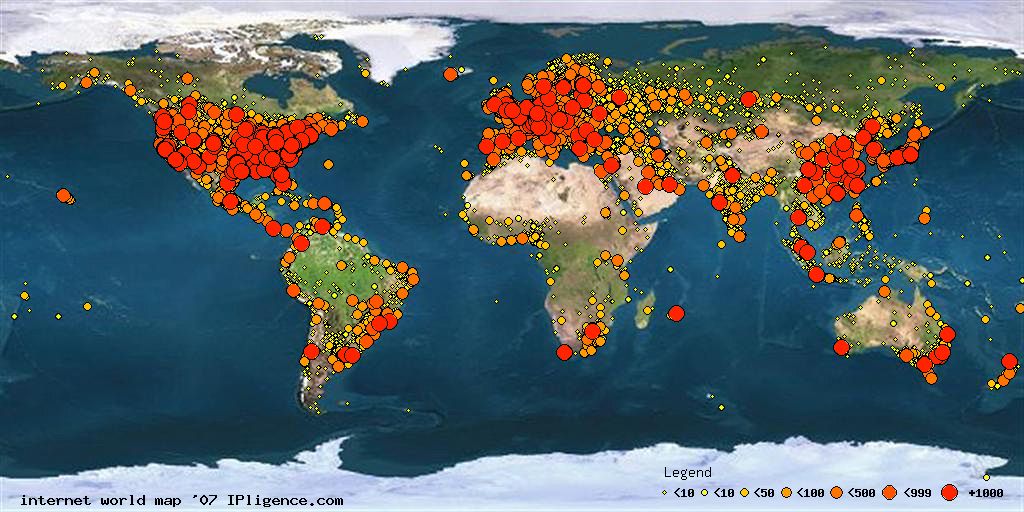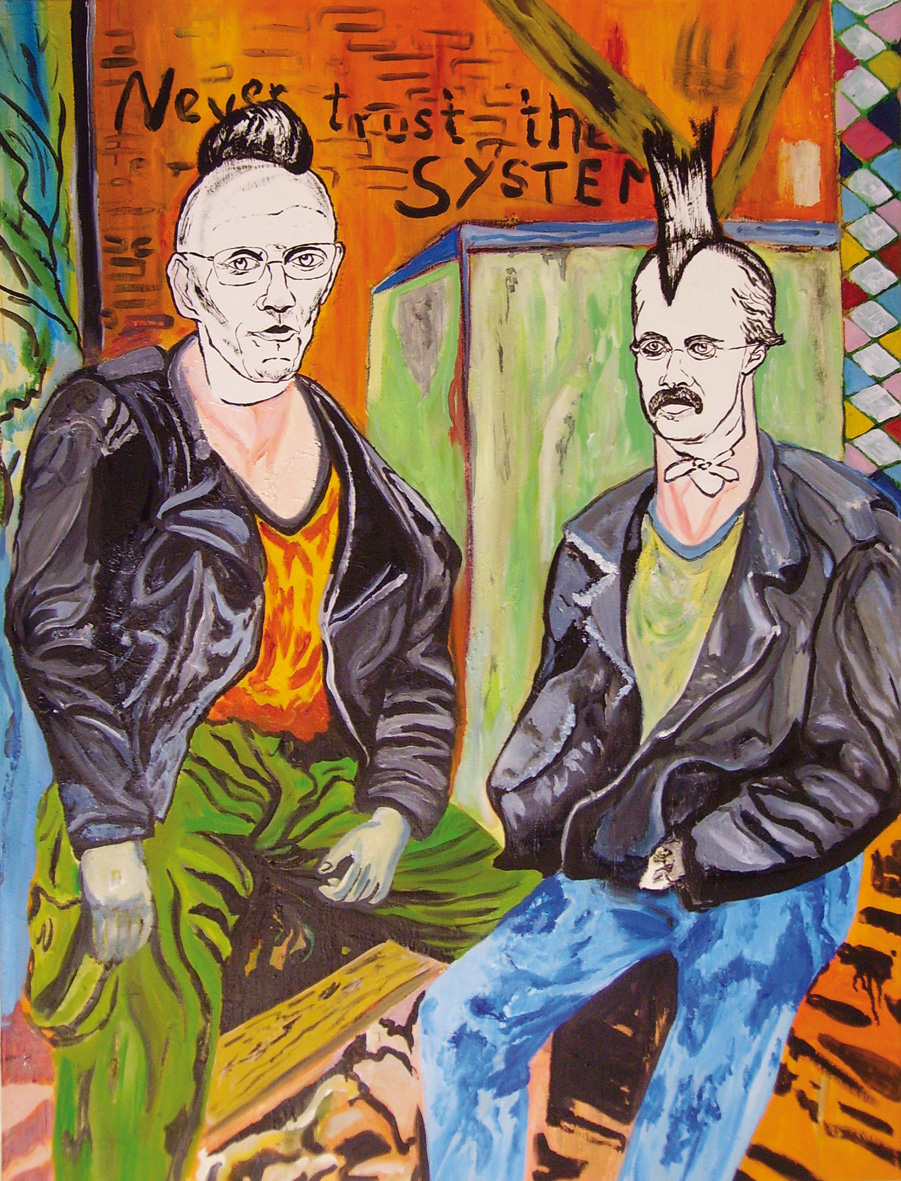The summer now underway, it’s a good time to take stock of gains, setbacks, and lessons learned from the semester. This post simply reviews the three sets of work undertaken over the past few months, and then try to detail the priorities and next steps necessary to continue progress towards the dissertation. Between materials, structures, and approaches, more incommensurability than contiguity prevails – yet weak ties persist in imagination and in theory. Broadly speaking, both epistemological and methodological considerations justify holding all three in concert, as parts of the long-term and focused project. And yet this can only hint at a strategy, it seems, and my largest outstanding challenge will be to find the coherent framework that unifies or at least governs the relationship between each of these schools of thought. Continue reading
Tag Archives: foucault


Foucault – Nietzsche, Genealogy, History
“Genealogy… must expose a body totally inscribed by history, and history’s destruction of the body.” (my translation)
Foucault – Position – Epistemic Limits
Whether coursing through archival data or meditating on turns of language, Foucault’s early works — the History of Madness, the Birth of the Clinic, the Order of Things, and the Archaeology of Knowledge — each address ways of knowing how and what we think. Based on the approach in those works, we can refocus their efforts onto a tertiary question. While lacking the familiar modulus of power, this approach can still maintain a close attention to the thought of thought as such. It helps elucidate how we conceive of the conditions to this reflexive thought, and thereby to sketch contemporary epistemic limitations. The motivating impulse here, then, is: What exists outside our conditions of possibility of thought, and how can we know it? Continue reading

Foucault – Order of Things
We have no words for things. Rather, words are things that make other things. Concatenated discourses — words in their material aggregation — actively shape more than signification and syntax. Foucault’s principal argument throughout The Order of Things attacks the commonsense notion that words merely represent, or that mimetic functions are language’s sad destiny as medium of communication, after we enter epistemic formations of knowledge that structure such notions. Granting deeper, nigh on originary, primacy to language, as progenitor of ways of being and of making things in the world, he shows us how such a notion arose in shifts between Western historical eras: the Renaissance, Classical, and modern periods. Continue reading
Foucault – Key Concepts – Archaeology

Foucault
These weeks I’ve turned from biographical and summary readings to Foucault’s early works. From here on, these posts will proceed at conceptual levels as much as is possible. Today, we turn to archaeology. In its simplest reduction, the concept denotes a history of discourse. In books such as the History of Madness, the Archaeology of Knowledge, and the Order of Things, Foucault undertakes examinations of discursive formations ranging from health and madness to scientific understanding to aesthetics and perception. Throughout each of these, he frames the conditions of knowledge in a given time period as constrained by the characteristics of that period, a general way of organizing and thinking about the world in each that he names an episteme. So, archaeology is the study of “epistemae,” and an episteme places discourse in historical context.
Foucault – Tutor-Texts and Intellectual Lineage
This first post in a short-term regular series of essays on Michel Foucault deals with his most famous influences. I begin with the precursors to Foucault’s own production of knowledge because their work and tutelage form the conditions of that production. This requires that I oversimplify some of their contributions to cultural scholarship and critical theory. I hope to maintain a baseline level of respect for their importance without fetishizing their names, just as I intend to maintain the tension between the familiarity of Foucault’s own name and the irreducibility of his intellectual production to any single certain thought or text. Enough lingering on qualifications and breast-beating, then. Let me turn to the names and their significance for Foucault’s emergence as a theoretical producer – and event.

- Michel Foucault – image via Creative Commons.
recently completed
presentations on Foucault, stitched together via MERLOT